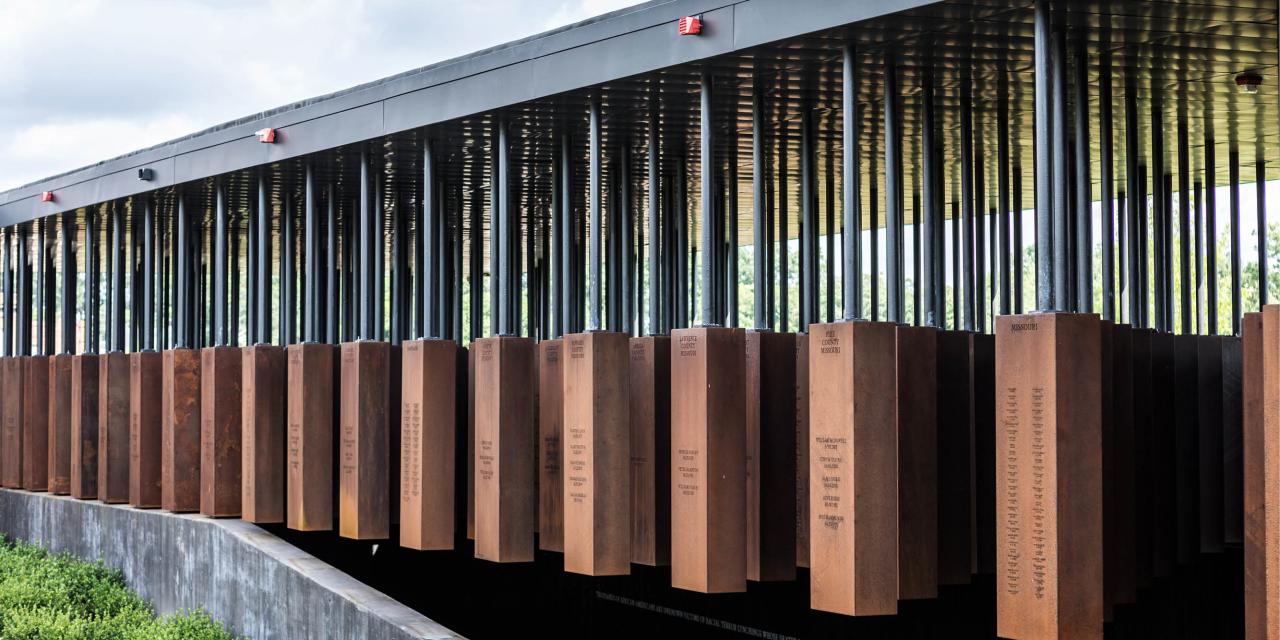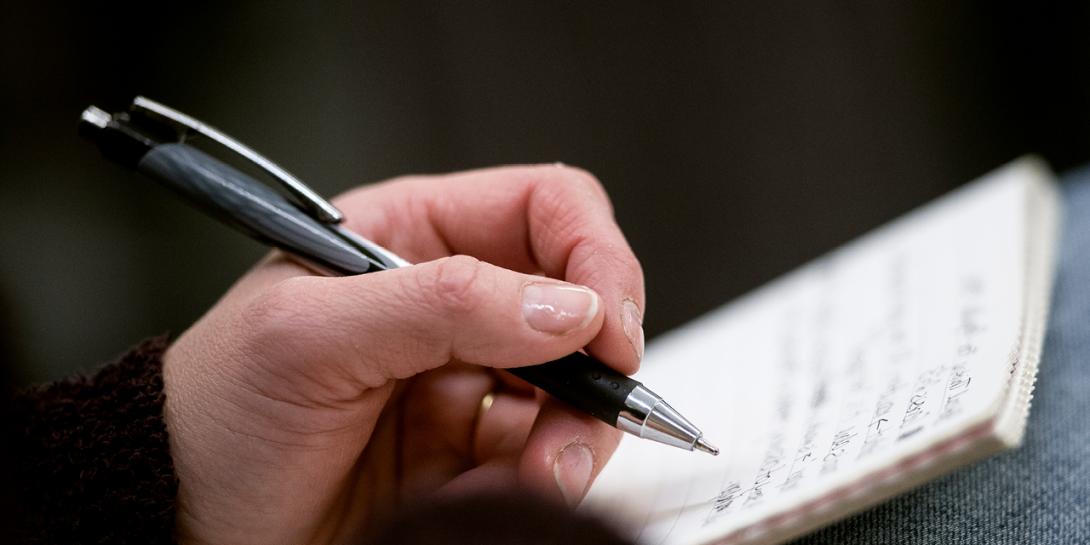Why People Still Love Hymnals
If you worship in a church where the music reflects the CCLI Top 25, then you may be surprised to hear that many Christians still love singing and praying from hymnals.
Coop's Column - Pentecost
Pentecost Sunday is a day to celebrate, with full-throated thanksgiving and joy, Jesus' sending of his Holy Spirit. And, Pentecost Monday and the entire succession of days during Pentecost season, are a time of summons and challenge. Pentecost season is a time for the church to remind believers of their daily, lifelong call to bear witness to their Lord and to engage in his mission.
La adoración en tiempos difíciles
El planear la adoración durante una crisis, transición o un conflicto puede ser más desgastante de lo normal sin embargo los servicios planeados de manera inteligente pueden aliviar la tensión y ayudarle a la iglesia a mantener la mira en la misión. De hecho, cuando se adora en medio de circunstancias difíciles, esta adoración puede proporcionar en sí misma una importante oportunidad para que en la congregación se aprenda y sane. Los que participan en la planeación de la adoración deben hacerse las siguientes preguntas cuando hagan los planes durante tiempos difíciles.
La adoración en tiempos difíciles: Un liderazgo inteligente durante tiempos de crisis, conflicto o transición
Para muchas congregaciones, la adoración es el principal acontecimiento de la semana. Aunque los cristianos adoran de manera individual y con frecuencia lo hacen fuera del santuario, el servicio semanal de adoración es el momento en que, más que en cualquier otro tiempo, la congregación se reúne y expresa su identidad. Así que cuando una congregación está experimentando una situación difícil, los síntomas de dicha situación están destinados a aparecer en la adoración. Los líderes de la congregación deben discernir con cuidado cuál es la mejor manera de llevar a cabo la adoración durante este tiempo. Por último, la adoración puede ser el elemento en la vida congregacional con mayor potencial para ayudar a la congregación durante el proceso de sanidad.
Baptizing the Nations: Mission, Culture, and Liturgy in the Gospel of Matthew
Research/writing project for 2003 Luce Seminar, “Prospects of Historic Liturgies in a Postmodern Age.” A work in progress.
The Journey to Jerusalem: Devotions for Lent
This daily Lenten devotional was created by the worshipers of Church of the Servant Christian Reformed Church. It is used by permission of Church of the Servant.
The Biblical Psalms in Christian Worship Part II - Spanish
A Spanish translation of part II of The Biblical Psalms in Christian Worship by John D. Witvliet
Steven R. Guthrie on Theology and Music
Here Guthrie explains how his experience helps him build on Resonant Witness to explore theology and the cognitive science of music.
A Laughing Party
“Has your baby laughed?” On the Navajo reservation, that’s a common question posed to parents who have infants around the age of three months. The first laugh of a Navajo child is a very significant event.
Writing Content for Congregations
The written communication of your congregation has great potential to bless members, newcomers, and the community. Your congregation has unique stories of the love and care of God. It is worth your while to evaluate and tweak current church content and write new materials. Doing so will help people grow together in becoming more like Christ.
Steven R. Guthrie on How the Holy Spirit Makes Us Fully Human
Steve Guthrie founded the religion and arts major at Belmont University in Nashville, Tennessee. For the first half of 2012, Calvin Institute of Christian Worship hosted Guthrie as a visiting scholar.
Acquired Tips on How to Be a Guest Preacher
A seasoned preacher offers tips on how to be an effective guest preacher


